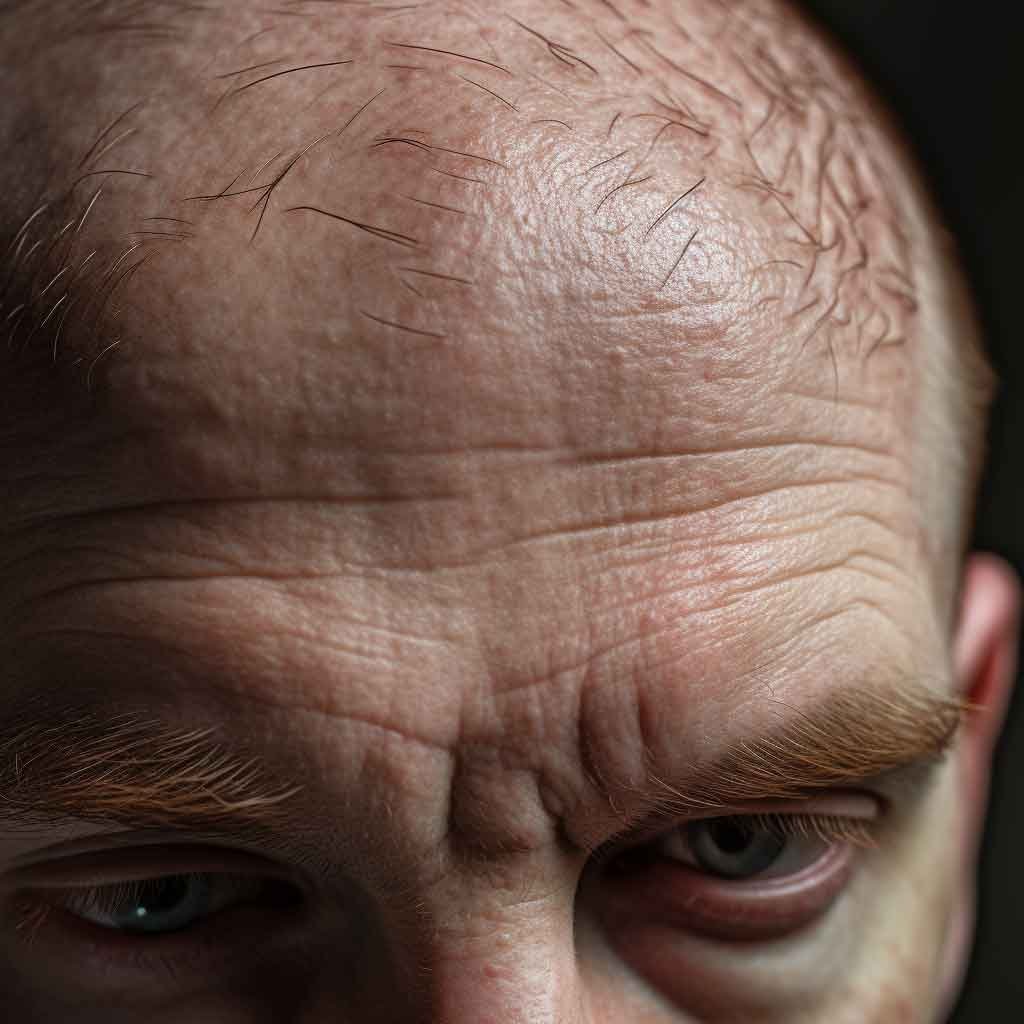Shea Moisture, known for its natural and fair-trade ingredients, is often praised for its potential to improve hair health. However, some users have raised concerns about experiencing hair loss after using its products. This discussion examines Shea Moisture's product ingredients, user experiences, and any available scientific studies to determine if these products could cause hair loss. It's important to consider the complex factors affecting hair health and how different products might interact with individual hair types. This analysis aims to clearly understand whether Shea Moisture products are linked to hair loss based on evidence and user feedback.
Table of Contents

Shea Moisture and Its Ingredients
Shea Moisture is a brand known for using nourishing, fair-trade ingredients in its hair care products. These products help strengthen and repair hair, vital for healthy hair growth. They provide the necessary moisture to reduce hair loss. Shea Moisture benefits people with natural hair, offering products that fit well into hair care routines. The focus on moisture helps prevent scalp conditions that can cause hair loss, creating a better environment for hair growth. Additionally, Shea Moisture products are good for maintaining protective styles, which is important for minimizing hair manipulation and breakage. This overview highlights the brand's dedication to meeting the diverse needs of its community, ensuring users achieve better hair health.
Analyzing Ingredients
Examining the ingredients in Shea Moisture products is important for assessing their effects on hair loss.
| Ingredient | Benefit | Relevance |
|---|---|---|
| Shea Butter | Nourishes and moisturizes hair | Deep conditioning |
| Coconut Oil | Strengthens hair follicles | Suitable for various hair types |
| Essential Oils | Addresses scalp issues | Promotes healthy hair growth |
Shea Moisture's formula, rich in natural ingredients like Shea Butter and Coconut Oil, aims to nourish and revitalize hair and scalp. This analysis shows that the product is designed for deep conditioning and strengthening hair follicles, which are important for preventing hair loss. Knowing how these ingredients support different hair types and scalp conditions is key for people looking for products that promote hair health and a sense of belonging.
User Testimonials Examined
On social media, especially TikTok, many users have shared their experiences of hair loss they believe is linked to using Shea Moisture products. These individuals mention their hair becoming thinner and shedding more than usual. As a result, there is a lot of discussion about finding other hair care products that might be safer for hair health.
When researching online, critically evaluate the motives behind online testimonials. Ask yourself about the credibility and the goals of those sharing their experiences.
Scientific Evidence Reviewed
Social media users have reported hair loss after using Shea Moisture products, but scientific studies do not show a direct cause-and-effect relationship between these products and hair thinning. Shea Moisture focuses on using natural ingredients designed to nourish hair. However, depending on hair type and sensitivity, people's reactions to these products can differ. Choosing the right products and carefully following the instructions is important to avoid negative reactions. If you're worried about hair loss, talking to a dermatologist can give you advice tailored to your needs, ensuring your hair care routine promotes hair health.
Preventive Measures
To reduce the risk of bad reactions from hair care products, slowly introducing new products into your routine is smart. This applies when using Shea Moisture products or any other brand. Taking steps to prevent issues is important for encouraging healthy hair growth and preventing hair loss.
- Balanced Diet: Helps your body get the nutrients it needs to feed hair follicles.
- Scalp Massages: Enhance blood flow, leading to thicker, healthier hair.
- Stress Management: Meditation and regular exercise can help lower stress, preventing hair loss linked to stress.
Following these strategies and a steady and healthy approach to hair care can greatly reduce the risk of negative reactions and support hair health.
Frequently Asked Questions
Is Shea Moisture Good for Your Hair?
Shea Moisture products aim to nourish and strengthen hair, providing hydration and repair with clean, fair-trade ingredients. However, how well they work can vary from person to person. It's important to choose products that meet your specific hair needs.
Does Shea Butter Cause Hair Thinning?
Using shea butter correctly does not cause hair thinning. However, applying too much or mixing it improperly can lead to hair breakage or scalp buildup, which might indirectly harm hair health instead of directly thinning it.
Does Shea Moisture Cause Hair Growth?
Shea Moisture products, which contain shea butter, castor oil, and coconut oil, aim to nourish and strengthen hair follicles. This may help in promoting healthy hair growth. Many users have reported seeing improvements in their hair's growth and thickness after using these products.
What Is the Lawsuit Against Shea Moisture Shampoo?
The lawsuit against Shea Moisture shampoo claims that the Jamaican Black Castor Oil Strengthen & Restore Shampoo causes hair loss. This contradicts the product's advertised benefits, misleading consumers.
References:
Shea butter as skin, scalp, and hair moisturizer in Nigerians
Role and Mechanisms of Phytochemicals in Hair Growth and Health
Links:
Norwood Scale: Understand Your Hair Loss With This Chart
A Comprehensive Guide to Hair Loss: Causes and Treatments
Illnesses That Cause Hair Loss in Females: Uncovering the Hidden Health Culprits

